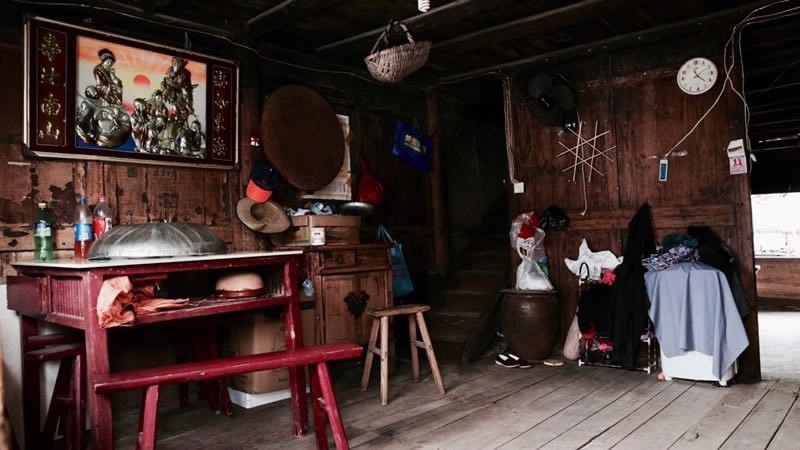
China
21:33, 27-Nov-2017
Chinese anti-poverty village takes unique approach
By Mark Fontes

Some of China's poorest regions receive much-needed help, but people later find themselves again in desperate straits.
It has been said that "if you give a man a fish, you have fed him for a day, but if you teach him how to fish, you have fed him for a lifetime" – the same applies to the process of poverty alleviation.
The southeastern Chinese village of Chixi has taken a unique approach to fighting poverty, one that continues to pay dividends up until today.
In 1984, Wang Shaojun, a public relations expert wrote to Chinese newspapers explaining the dire situation in Chixi. Some families were so poor that they only had one pair of pants to take turns wearing outside. The government then stepped in.
"I have never stopped focusing my work on alleviating poverty," says Shaojun. "The hardest thing in Chixi was changing villagers' minds about how they could live."
Shaojun helped change the culture in the village in Fujian Province.
Through his writings and public relations work, he spread the word about the majestic mountaintops and calm, clean rivers that surround the village, not to mention its walkable trails, attractive scenery, and mild winters.
Today, the area attracts thousands of tourists each year from all over the country and beyond. Their money helps local shops, restaurants, and has brought a new vitality to villagers.
Shaojun said much work remains, especially with the average Chixi family surviving on 15,000 yuan (2,270 US dollars) per year.
"We still need to work towards making Chixi a moderately prosperous society," he said. "The GDP here has increased, but the area's mindset needs to stay positive, and look ahead."

SITEMAP
Copyright © 2018 CGTN. Beijing ICP prepared NO.16065310-3
Copyright © 2018 CGTN. Beijing ICP prepared NO.16065310-3